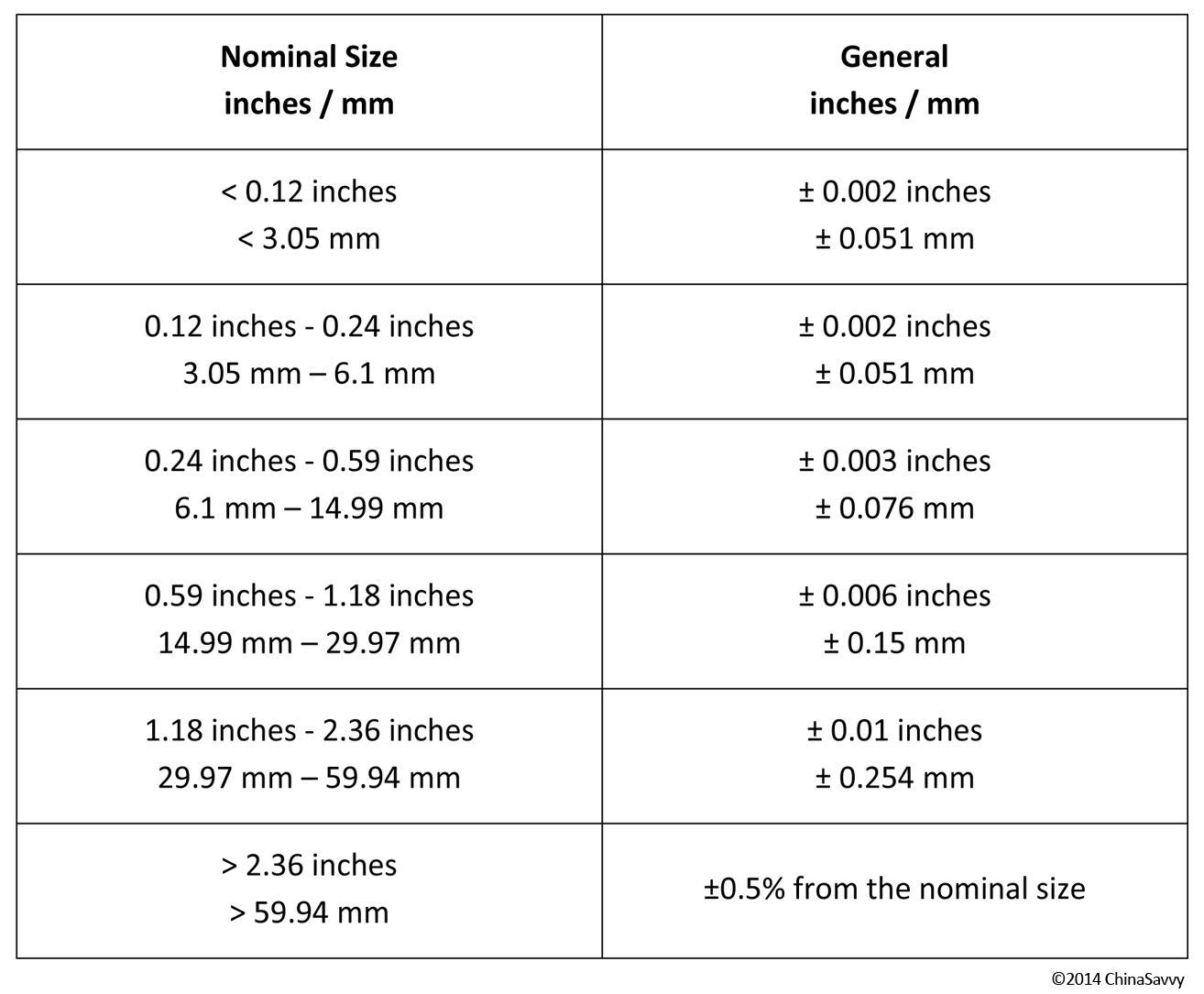WhatsApp is the platform we use to communicate with our friends and family. It’s also excellent for informing your coworkers that you’re running late or sharing a fresh concept you came up with over the weekend. As a result, this quick mode of communication is becoming more popular as a platform for workplace communication.
WhatsApp and other workplace communication tools may assist businesses in a variety of ways. They can, first and foremost, increase social cohesiveness and socialization particularly in industries with remote teams or personnel who work different hours and shifts.
The application is good to communicate manage the teams as when it comes to creativity, it’s a perfect centre for individuals to get together and have conversations that may spawn new ideas, products, and other company improvements because of its ease of communication, flattening of hierarchies, and capacity to operate as a virtual ‘water cooler.
Meanwhile, concerns at workplaces are increasingly occurring as a result of the unauthorised usage of applications like WhatsApp.
According to a recent research of Guild, more than 50% of workers use messaging applications for workplace communication and 38% for work-related problems, and this trend is expected to continue. As a result, an increasing number of our customers are seeking guidance on how to handle complaints and bullying and harassment claims including improper WhatsApp or other social media communications. These assertions are frequently made as a result of:
Another important concern for companies is the loss of productivity caused by employees using WhatsApp for personal or unofficial work purposes during working hours. A thorough social media policy and contractual duties involving social media are required for all organisations. This policy should define standards and examples of acceptable behavior and language used in messaging, whether on an employer-provided device or on an employee’s own device, and this must be clearly communicated to all employees. And in this policy you should have the provision to spy on WhatsApp and other social media and instant messaging platforms on the official devices.
Employers are increasingly equipping their employees with technology to help them execute their jobs as working patterns evolve. Personal computers and mobile phones are examples of this technology. Employees must be more flexible, accessible, and productive, and PCs and mobile phones are critical instruments for achieving this goal.
While the great majority of employees utilize these tools for what they were designed for, that is, for corporate usage, this is not the case for all employees. A percentage of the workforce will take advantage of and misuse their cell phones. This abuse can take the form of utilizing a company cell phone for personal purposes rather than solely business, accessing certain sorts of websites unlawfully, conducting business outside of the employer’s business, and even passing information to rivals using a company cell phone. These, and a slew of other examples, illustrate the importance of businesses monitoring their employees’ mobile phone behaviour, including calls and texts, more than ever.
Employee monitoring may be beneficial to small firms in the proper circumstances — as long as it is transparent, employees understand why it is being done, and it is applied consistently across the board. In addition to meeting employee demands and concerns, this will also meet legal obligations for electronic document preservation.
Employers may learn more about internal concerns, work relations, and general team management by monitoring these messaging applications on company-owned devices. WhatsApp groups are one of the most well-known and widely used social networking programmes among people of all ages. Because of the high level of service given by the WhatsApp team, it is currently also utilised to organise professional meetings and interviews.
The employers can also track teammates who can disagree on work-related matters as these bad apples are always in search of shortcuts. The employers can spy on such employees as the one can share a photo of any confidential information or send a voice recording of some secret discussion or meeting to others.
With the use of spying apps, not only can you spy on WhatApp chats, one can track all the media sent and received through the company-owned devices of the target employees. Keep an eye on the employee’s activities and make sure no one tries to sabotage your brand or product reputation.








3 Comments